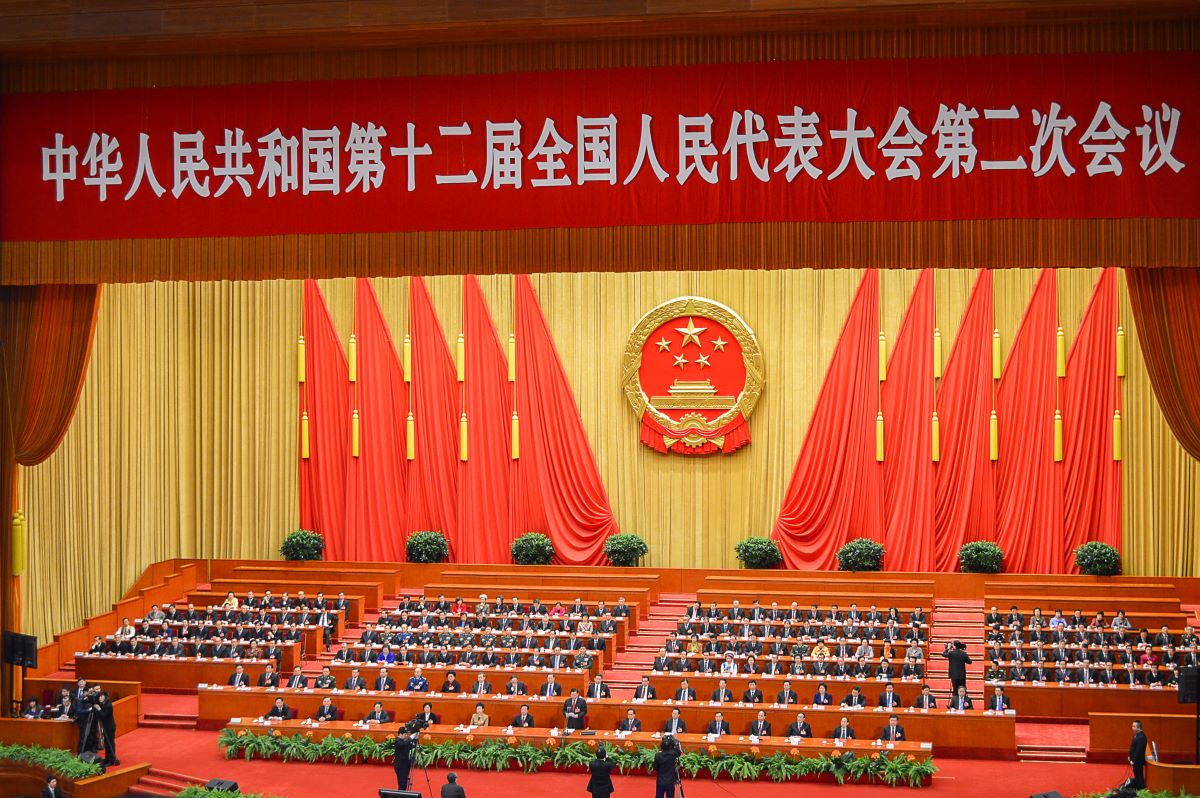After the 20th National Congress of the Chinese Communist Party that took place late last year, the annual National People’s Congress, or ‘Two Sessions’, convened over the weekend. At the meeting, China set a lower economic growth target for this year, while discussing a range of other issues.
As per the discussions in the parliamentary meeting held on Sunday, China is now expecting an economic growth target of ‘around 5%’ for 2023, down from its previous prediction of 5.5%.
“Stablility” keyword during Li’s speech at the ‘Two Sessions’
“This moderate target reflects the policy intentions to push forward transition to a model of high-quality growth while refraining from large-scale stimulus,” commented Chaoping Zhu, Shanghai-based Global Market Strategist, J.P. Morgan Asset Management.
As per outgoing Chinese Premier Li Keqiang, “China’s economy is staging a steady recovery and demonstrating vast potential and momentum for further growth”.
“We are giving priority to ensuring stable growth, employment, and prices, to realise a steady economic recovery,” Li said while delivering his final work report. The key theme around the Premier’s speech was stability.
Among other things, the leaders on the dais said that the government will try to boost household spending by raising income. For 2023, the fiscal deficit is set at 3% of the GDP, higher compared to last year but the session did not discuss the details apart from promoting ‘big ticket purchases’.
On the employment front, China expects to generate 1.2 billion new employment opportunities in 2023. The work report mentions that urban unemployment has fallen to 5.5% in the past year while adding over 12 million urban jobs.
On the debt front, the parliamentary session has set a target for local government bond issuance of 3.8 tn yuan ($548.2 bn). According to Li, these should help develop infrastructure projects such as 5G networks, railways and airports.
Li furthermore voiced for attracting and supporting foreign businesses in the country and said there is a need to improve services to such firms that invest in the country. “With a vast and open market, China is sure to provide even greater business opportunities for foreign companies in China,” said the Premier.
China’s top leadership is still eager joining the Comprehensive and Progressive Agreement for Trans-Pacific Partnership (CPTPP), a trade and investment pact between countries such as New Zealand, Japan, Australia, Canada, Malaysia, and others. The US withdrew from the agreement in 2017 when it was called the Trans-Pacific Partnership.
“Spending in key infrastructure projects will remain to be the growth stabilizer in 2023, which will also provide important preconditions for industrial upgrade. At the same time, confidence is essential to achieve an endogenous while avoiding excessive stimulus,” J.P. Morgan AM’s Zhu commented.
ING’s Greater China economist Iris Pang expects slower infrastructure growth this year. “We believe that this year’s infrastructure investment will lean towards technology and ESG. As such, we might see more focused transportation infrastructure projects. Only those that have been planned or started will be implemented,” wrote Pang in a note.


 Australia
Australia China
China India
India Indonesia
Indonesia Japan
Japan Malaysia
Malaysia Philippines
Philippines Singapore
Singapore South Korea
South Korea Taiwan
Taiwan Thailand
Thailand Vietnam
Vietnam







